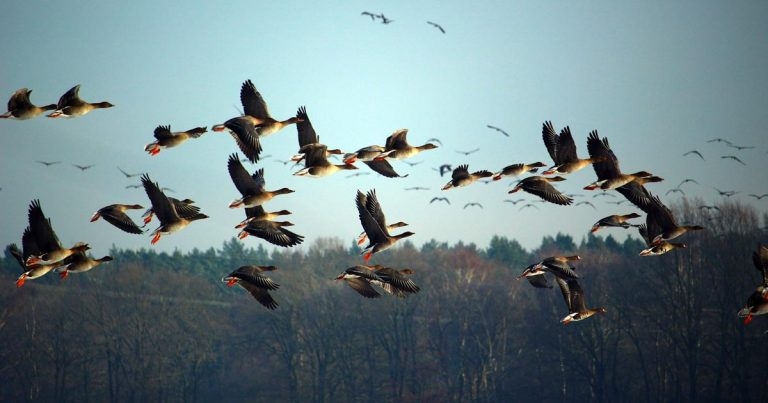30 Jun 2022
Vets urged not to refer wild birds brought into their practices to the charity, because of the risk of spreading the infection.

Vets are being urged not to refer wild birds brought into their practices to the RSPCA, amid continuing concern over avian influenza (AI).
The charity said it has closed its wildlife centres to seabird admissions, because of the risk of spreading the virus.
It is also urging people reporting a sick bird to contact Defra and not handle it themselves.
The plea has been issued in a newly released letter from the charity’s CVO, Caroline Allen.
She said: “There are high levels of morbidity and mortality in seabirds around the coast, and vets may be called upon to deal with sick and injured birds.
“The impact of bird flu is also affecting what support we can provide on the ground.”
Latest figures from the APHA showed 38 wild birds were found to be infected across Britain in week 25, beginning June 20.
A further 146 birds were found to have been infected the previous week.
Vets are being particularly advised not to allow any herring gulls, the species most heavily affected, into their buildings.
Dr Allen said: “Although we are advising the public not to touch high-risk bird species, it is still possible that members of the public may bring sick birds into veterinary clinics and we felt it may be helpful to explain our approach. Sadly, at this time we have made the decision to close all our wildlife centres to admissions of seabirds.
“We consider the risk of AI entering centres from seabirds to currently be too high; this could have a devastating effect on other animals in our care.”
The Mallydams Wood wildlife rehabilitation centre in East Sussex is also closed to all admissions and is likely to remain shut for the foreseeable future.
Birds confirmed to have the virus have been found to be weak or collapsing, or have respiratory or neurological symptoms. Vets are advised to euthanise any birds with such symptoms immediately.
Dr Allen added: “While we are dealing with AI, along with our usual summer surge, veterinary practices may experience more people arriving with wild birds.
“We appreciate this is far from ideal, given how busy practices are at the moment, but it would be a great help if these people were not directed back to us – so we can focus our resources on those animals at risk of cruelty and neglect, who desperately need our help.
“We really appreciate the support the veterinary community is showing us and other charities as we all strive to safeguard animal welfare during these difficult times.”